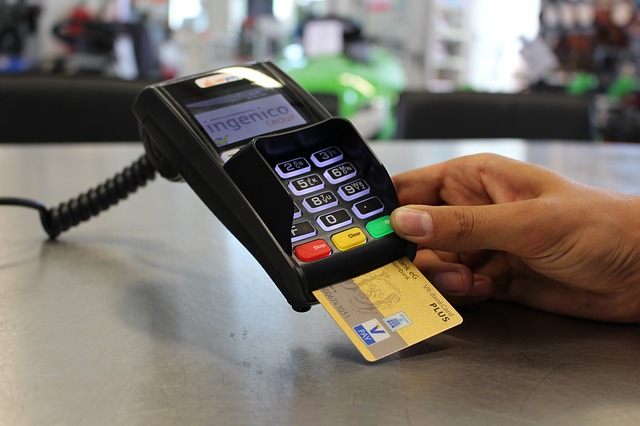
The digitalization over the past few years has been drastic and indeed affected most of the dimensions of our lives. The latest effects include the initiation towards a cashless economy in the country. Beginning with the note ban in November 2016 due to the sudden demonetization, leading to withdrawal of the notes of denominations of Rs.500 and Rs.1000 overnight. Putting it in other words, minimal paper transactions will occur, replaced by more digital transactions with the assistance of internet banking, digital wallets, Point-of-Sale machines, credit and debit cards, etc. These have multiple implications on the economy. We have discussed the pros and cons of the same.
Advantages:
A cashless economy enables less tension of handling a wallet stashed with notes, which is definitely not safe in a world full of anti-social elements lurking. We can instead use our mobile as an all-in-one solution for all sorts of transactions. For instance, bill payments, fees payments, funds transfer, recharge, etc. It will ensure a ‘black-money free India’ and instate a ‘parallel economy’ where people bypass the banks to collect money in their homes without coming under the purview of tax will suffer a setback.
Crime rates have considerably diminished due to currency ban. Most of the terrorist activities are sponsored with black money that has borne the brunt of this dark system of corruption and money laundering. Also, other crimes such as burglary, extortion, bank robbery, etc. are also declining. One of the biggest plus point is the increase in the span of the income tax. Due to negligible involvement of cash, transactions have to be done through banks where proper KYC verifications will be done before the banking transactions thus making it easier for the Government to monitor and mend the income tax evasion by the unscrupulous persons. This will also enhance the revenue received by the Government. Most importantly, the cashless economy will lead to the most convenient and secure economy for all.
Disadvantages:
The cashless economy will see an escalation in the hacking of the personal information over the dark web of the internet such as credit and debit card numbers and details involving PINs, passwords and other sensitive information due to an increase of digital transactions and exchange. Failure of lack of proper cyber and virtual protection will result in cybercrimes shooting like anything. The destitute and the underprivileged population of the country, who are in majority and are scarcely covered under conventional banking system will suffer a lot, as they are solely dependent on the liquid cash for their existence in the form of daily wages.
Sectors such as real estate, retail, restaurants, cement and other MSMEs, where heavy load transactions are involved are going to be affected adversely. Also, funds will always be in regulatory provision of a third party such as Government, banks, payment interfaces and other institutions which lead to extreme uncertainty.
A cashless economy as of now sounds like something out of science fiction, but we have already began paving our way. Even the usual critics of the mainstream financial system and government’s other policies favored doing away with cash. In addition to logistical challenges, we need to address and resolve several social issues before giving up on cash entirely and moving to complete digitalization.
